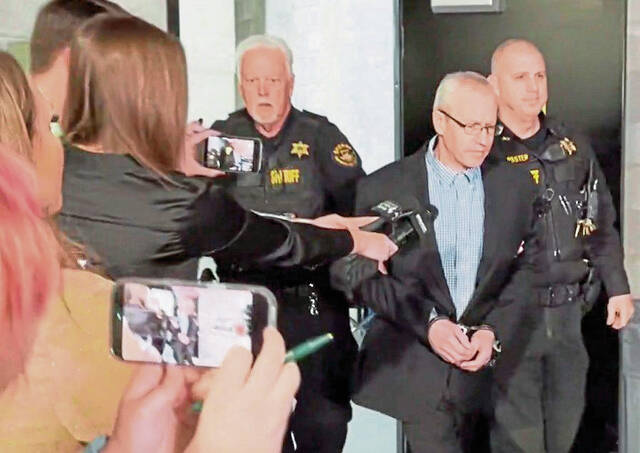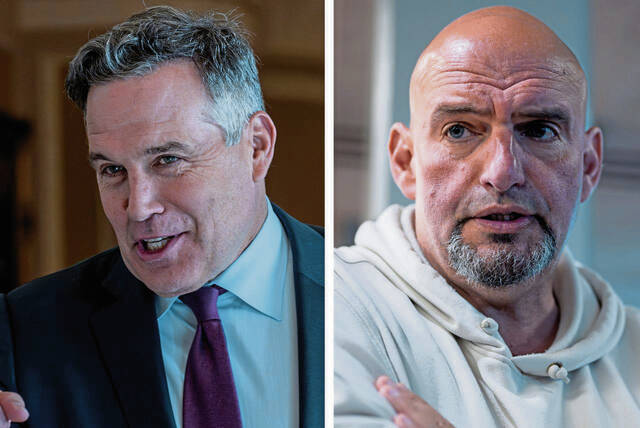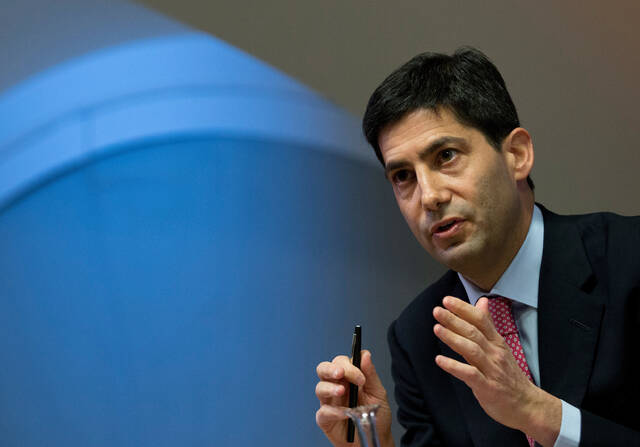On Wednesday, WNBA All-Star Brittney Griner was featured in a “20/20” interview ahead of the release of her new book, “Coming Home.”
It was a powerful interview with ABC’s Robin Roberts. The 6-foot-9-inch athlete was generally quiet and subdued as she spoke in her deep, gentle voice about the basketball career that had her playing overseas in the offseason — and the 293 days she spent in Russian custody after a drug arrest.
The family of Oakmont teacher Marc Fogel knew about that interview. His mother, Malphine, is 93. She did not watch the Griner interview, warned that it would probably be harrowing for her.
Fogel was arrested Aug. 21, 2021. As of today, he has spent 985 days in Russian custody — more than three times as long as Griner, who came home in December 2022.
The similarities between the two cases are obvious. Both were detained in a Moscow airport. Both had medical marijuana — Griner’s was cannabis oil cartridges, Fogel’s was 17 grams of marijuana with his medical card.
“My pain is unmatched,” Griner told Roberts.
Fogel may disagree. Griner uses marijuana to counter years of basketball stress on her ankle, knees and hips. Fogel’s sister, Anne, detailed his struggles in a 2023 letter to Secretary of State Antony Blinken: three failed back surgeries, spinal fusion, knee surgery, hip replacement and rotator cuff surgery.
Perhaps the greatest difference between them is that everyone knows who Griner is. Amid the explosion of war between Russia and Ukraine, her story was one of an American bargaining chip in a dangerous game. Ultimately, she would be traded for arms dealer Viktor Bout, Vladimir Putin’s “Merchant of Death.”
Griner’s wife, Cherelle, encouraged attention to the story to help bring Griner home.
“The more voices whispering, the louder the sound,” she told Roberts.
That is not happening for Fogel. Few news outlets, particularly outside Southwestern Pennsylvania, mention him, placing attention on Wall Street Journal reporter Evan Gershkovich or Paul Whelan, the former Marine who Griner expected to see on the plane with her as part of the same prisoner trade.
Even Blinken and President Joe Biden are silent about Fogel. Reviewing remarks on the State Department website, Blinken avoided saying Fogel’s name in responding to a question the day Griner was released, referring only to Whelan. Deputy Secretary of State Wendy Sherman appears to be the highest ranking member of the administration to publicly mention Fogel, but that was in 2022.
Griner came home a different person after those 293 days of cold, filth, spiders, little food and nothing to treat the chronic pain. When Anne Fogel wrote to Blinken last year, she explained the most recent accounts of her brother’s condition: thin, in unbearable pain and aging more rapidly than he should for then-61 years old.
The most painful part of the “20/20” interview for Malphine Fogel would probably not have been watching a tall, strong basketball player cry talking about the different ways the Russian prison experience broke her.
It would be the pictures of Griner doing admirable work to bring home other detainees like Gershkovich, Whelan and those in other countries who have been designated “wrongfully detained” by the U.S. government while Fogel has not.
“No one should be left behind,” Griner told Roberts.
But Fogel has been. And even Griner hasn’t said his name.








